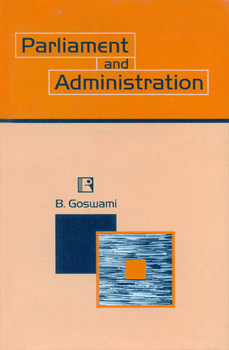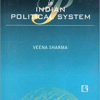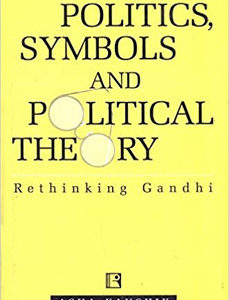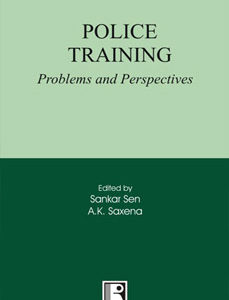PARLIAMENT AND ADMINISTRATION: Parliament’s Control Over Budget and Legislation
₹995.00 Original price was: ₹995.00.₹796.00Current price is: ₹796.00.
25 in stock
In 1993, Indian parliament introduced a new system of discussion on budget and legislation, through departmentally related standing committees (drscs), which examine the entire budget when presented as well as pieces of legislation when referred to them. The new committees have in fact replaced the floor discussions through the erstwhile procedure of cut-motions on demands for grants and of the general principles of bills.
After an in-depth examination of this new system, the author, on the basis of his specialised knowledge of and experience in the parliamentary system, has come to the grievous conclusion that the government, by this new innovation, has succeeded in keeping the parliament at bay and the latter’s control over the executive has been rendered almost to naught and thereby not only the democratic system but the parliament and the entire nation have suffered a great loss. The author has suggested a viable alternative to this system which, according to him, will enable the parliament to regain its lost stature and achieve the goal underlying this new system.
The originality of ideas presented makes this book interesting for both academics and policy makers.
Related products
Political Science
CONTESTING RESERVATIONS: The Indian Experiment on Affirmative Action
Political Science
Political Science
Political Science
Political Science
Political Science
Political Science
POST-POKHRAN NUCLEAR POLITICS: Fresh Perspectives on Indo-US Relations











